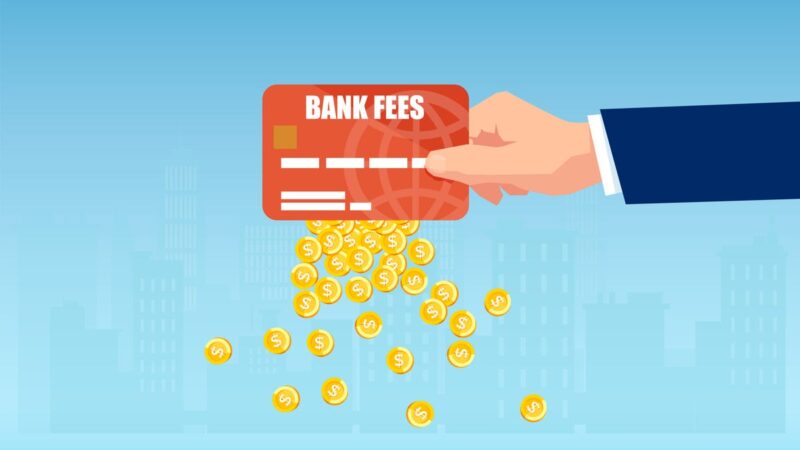Managing finances can be challenging, especially if you have bills, expenses, and unexpected costs popping up regularly. You can easily fall into the trap of overspending and ending up with a negative balance in your bank account if you’re not careful. This can lead to overdraft fees that can quickly add up and put a dent in your finances. However, there are several ways to avoid overdraft banking fees and keep your finances on track, whether you’re a college student or a busy professional. If you want to ensure there are no overdraft banking fees on your account, keep reading:
Set Up Digital Alerts
Setting up digital alerts can help you avoid overdraft banking fees. These alerts can be configured to notify you when your account balance goes below a certain threshold, giving you time to take action before your account becomes overdrawn. Setting up alerts will also help you stay informed about your account balance in real-time, even when you’re traveling. Most banks offer digital alerts through their mobile apps or online banking portals, and these alerts can be customized based on your individual preferences.
For example, you can set up an alert to notify you when your account balance goes below a specific amount, such as $50. This will give you time to transfer funds from another account or deposit cash before your account becomes overdrawn. Additionally, you can set up alerts for specific transactions, such as when a check clears, or a direct deposit is received.
Utilizing digital alerts will help you stay proactive about managing your finances and avoid the stress and expense of overdraft fees. It’s a simple and effective way to stay on top of your account activity and ensure you’re always in control of your money.
Enroll For Overdraft Protection
Overdraft protection is a service offered by most banks. It involves linking your checking account to another account, such as a savings account or credit card. If you don’t have enough money in your checking account to cover a transaction, the bank can automatically transfer funds from the linked account to cover the transaction rather than allowing the account to become overdrawn.
While there may be fees associated with overdraft protection, they are lower than overdraft fees. They can help you avoid the embarrassment of having a transaction declined, or a check bounced. However, overdraft protection is not a license to overspend. You should still maintain a balanced budget and only use the protection as a last resort. Additionally, you should carefully review the terms and conditions of your overdraft protection plan. If you want to have no overdraft banking fees and avoid the negative consequences of overdrawing your checking account, enroll for overdraft protection.
Keep Track Of Your Account Balances
Watching your account balances often is vital if you want no overdraft banking fees. It will help you clearly understand your account activity and know the pending transactions, outstanding checks, and automatic payments. Keeping track of these transactions will ensure you have enough funds always to cover your expenses.
Monitoring your account balances regularly will also keep you informed about any potential issues and enable you to take proactive steps to avoid overdraft fees. You can monitor your account by checking your balances daily or weekly and keeping track of any outstanding transactions. You can also keep a ledger or spreadsheet that tracks your expenses and income to understand your cash flow better.
Several tools and resources are also available to help you stay on top of your account balances. Many banks offer mobile apps or online banking portals that provide real-time account balances and transaction history. You can also sign up for text or email alerts that notify you when your account balance goes below a certain threshold or when a transaction clears. Keeping track of your account balances will enable you to stay organized and always be aware of your financial situation.
Conclusion
Overdraft banking fees can add a financial burden on your shoulders. The financial consequences of overdraft fees can be significant and can add up quickly if not managed properly. However, when you use these strategies, you’ll stay in control of your finances and easily avoid the stress and expense of overdraft fees. Also, you’ll avoid the negative consequences of overdrawing your account. Make these strategies part of your financial routine if you want to set yourself up for success and achieve financial stability and security.
